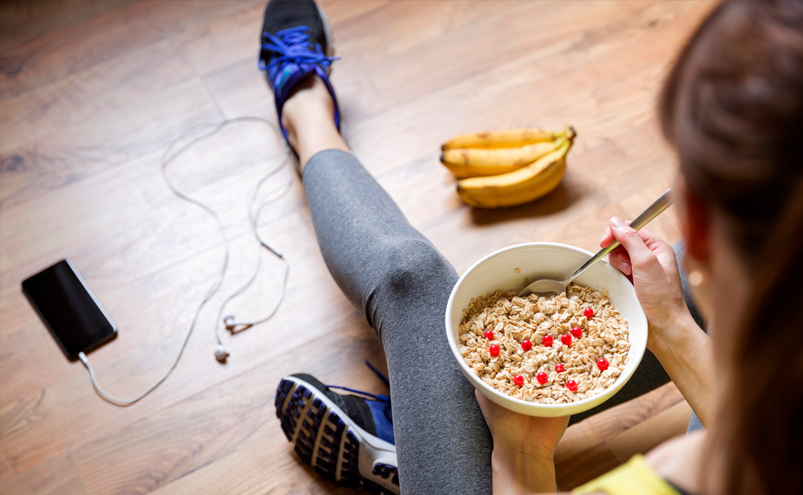As we discussed in the previous article, leptin is a fullness hormone that helps control body weight and appetite. When leptin levels rise, your appetite goes down. When leptin levels go down, your appeite increases. Constant cravings, even despite sincere efforts to eat healthy, balanced, controlled meals, may be a sign of a leptin disorder.
While cravings may be related to other factors (i.e. lack of sleep, depression, stress, dehydration, or medication side effects), it can also be due to a problem with the function or amount of leptin in your body.
Foods to Support Leptin Sensitivity
In the previous article, we discussed several behaviors or lifestyle changes that may help improve leptin sensitivity - such as getting adequate sleep and exercise.
However, are there any foods that may help increase our sensitivity to leptin (or decrease our resistance to leptin)? The following foods may play a role:
1. Protein, especially for breakfast. Protein can help increase leptin activity. Choose lean protein sources (such as fish, poultry, and other lean meats) to reduce leptin resistance.
2. Omega-3 fats. Because these essential fats are anti-inflammatory, they can help reduce the blocking effect inflammation has on leptin signaling to the brain. A study found that three servings of fish per week improved both insulin sensitivity and leptin levels in obese individuals.
3. Probiotics. A healthy gut keeps the intestinal barrier healthy and free from excessive inflammation. Studies show certain strands of healthy gut bacteria can help modify leptin levels and activity. Find probiotics in raw fermented foods, sauerkraut, kimchi, yogurt, or kefir.
4. Prebiotics. Prebiotics serve as food for healthy gut bacteria that help decrease inflammation in the gut and maintain the integrity of the intestinal barrier. Prebiotics are naturally found in many plant foods, including chicory, garlic, leeks, onion, asparagus, and Jerusalem artichokes. They are also found in bananas, yams, whole wheat, chickpeas, dates, figs, pistachios, cashews, sweet potato, green peas, watermelon, peaches, grapefruit, and fennel.
5. Anti-inflammatory polyphenols. Polyphenols are naturally found in vegetables, fruits, grains, bark, tea, certain spices, and wine. Several powerful anti-inflammatory sources of polyphenols that research has shown to influence leptin sensitivity include turmeric, blueberries, plums, red grapes, green tea, and yerba mate tea.
The best thing to do, though, is eat a wide variety of fruits, veggies, herbs, and spices because the impact of different polyphenol sources on leptin is still growing.
References
J Hum Nutr Diet. 2008;21(6):591-600.
Endocrinology. 2013 Oct;154(10):3643-51.
MBio. 2014 Jun 10;5(3):e01011-14.
PLoS One. 2013;8(3):e59470.
Mol Nutr Food Res. 2013 Jan;57(1):34-47.
Eur J Nutr. 2011 Apr;50(3):151-61.
J Hum Nutr Diet. 2008 Dec;21(6):591-600.














